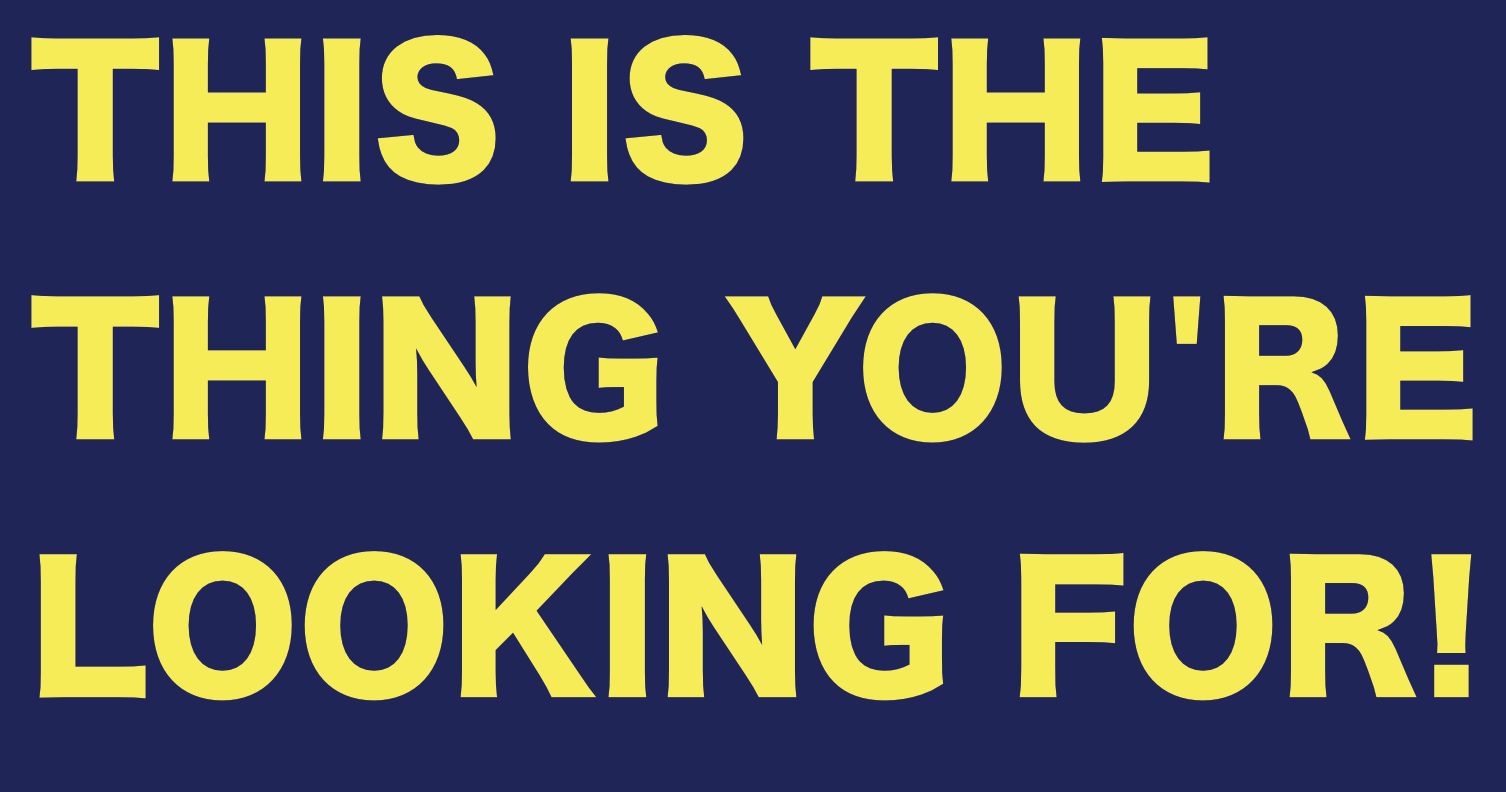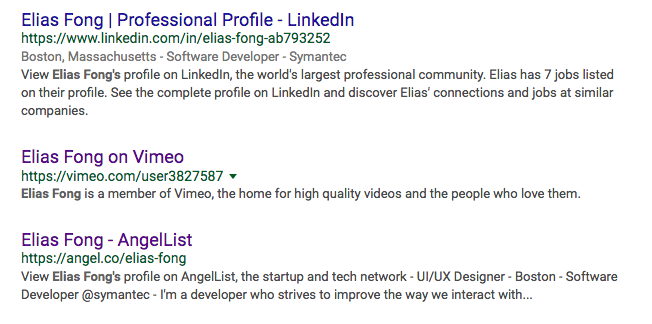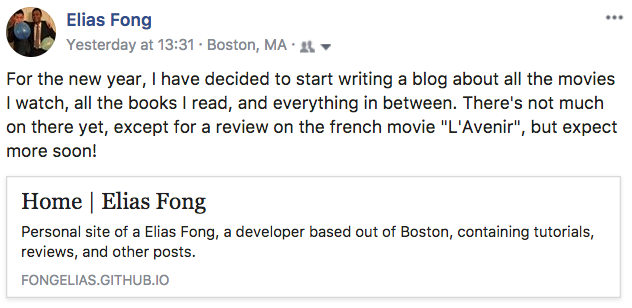What, Why, and How of SEO
What is SEO? SEO stands for “Search Engine Optimization”, and refers to the ways that people improve their visibility on search engine results (like Google Search). This is important to help people find your site.
In order to increase your visibility on search engines, you should first understand how search engines work. Sites like Google crawl through the world wide web and index websites, and in this process, they create lists of sites that they think are most relevant to different searches.
These lists are ranked in both relevance and popularity, and involve many different factors to determine the rank.
For popularity, you should think about the ways that people interact with your site:
- Are they looking for something?
- Are they trying to perform an action?
And make sure that your site contains keywords that indicate how your site is related to what your user is looking for.
Also, remember that while you can make flashy statements with an image:

the web crawlers used by search engines can’t read it (yet).
In fact, you should also think about the things that help web crawlers read your site, such as:
- alt text for images
- supplemental text
- transcripts for videos
- meta tags
- sitemaps
Meta tags are particularly important for SEO, as they also give you control over how search engines and social media interprets your site.
For example, Google reads your title and description tags, as well as structured JSON to generate the search results that they list:

and Facebook uses open graph tags (denoted by property names starting with “og:”) to build the link that they show when people share a url:

(this picture actually shows how I didn’t use enough tags: if I added an og:image tag, the link would show an image that would make it looke a lot prettier)
Finally, there are Twitter tags (which I will not cover in this post). Twitter also uses some of the same open graph tags as Facebook, so if you prioritize facebook, you’ll get the biggest impact out of your effort.
The importance of sitemaps is also easy to understand- by providing a structured list of the pages on your site, web crawlers can more easily move through the different pages and index them. Generate a sitemap and tell google that you own the site, and the indexer should do the rest.
This is just the tip of the iceberg- there are whole disciplines based on keyword optimization and web-crawler friendly design.
I will leave you with this, however: all the knowledge we’ve acquired about SEO comes from a cycle of testing and measuring results. Optimization is a process, one that requires you to gather data, analyze it, and act on it. The first step? Start using something like google analytics to start understanding your users.